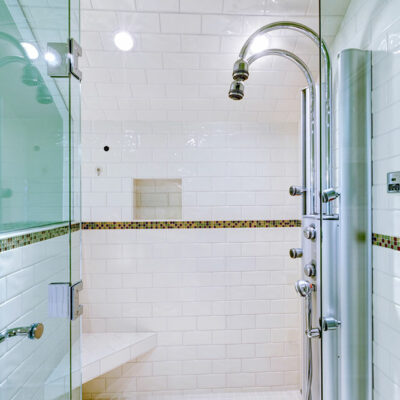
Home
9 reasons a home warranty claim might be denied
A home warranty is beneficial because it covers the damages to various home appliances and systems for a monthly premium. But it is worth noting that the plan is only valid if customers abide by its terms and conditions. Insurance providers may refuse a claim if someone overlooks their rules and guidelines. Knowing why a home warranty claim could be denied can help one be more careful and avoid losses. Cosmetic damage A home warranty might cover only those damages to a particular system or appliance that prevent it from functioning. The damage should be such that it renders the product inefficient. For instance, dents and scratches to the casing of an appliance are considered cosmetic damages that do not affect its working. Even blemishes on knobs, shelves, dials, and other accessories fall under this category. Individuals who want to repair cosmetic damages will have to bear the expenses themselves. Lack of maintenance Appliances and systems only qualify for home warranty coverage if serviced regularly. The lack of proper maintenance might void the warranty, even if the product is covered in the contract, and one’s claim will be denied. If an individual has maintenance records to show following a denial, they could file an appeal.














